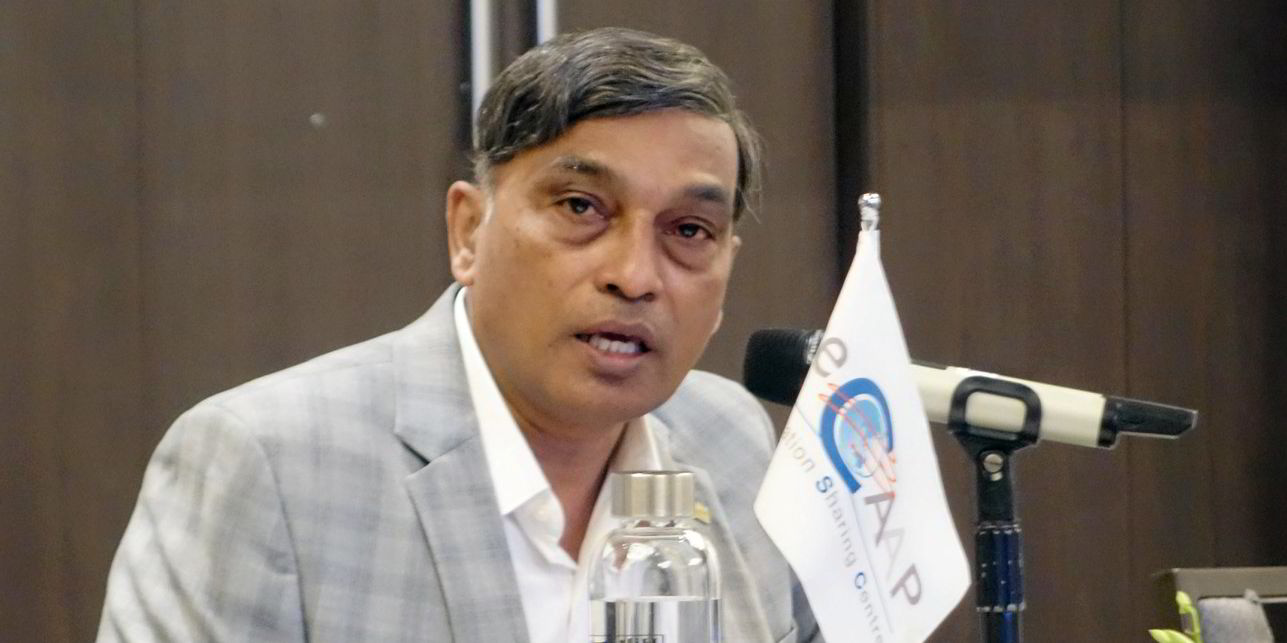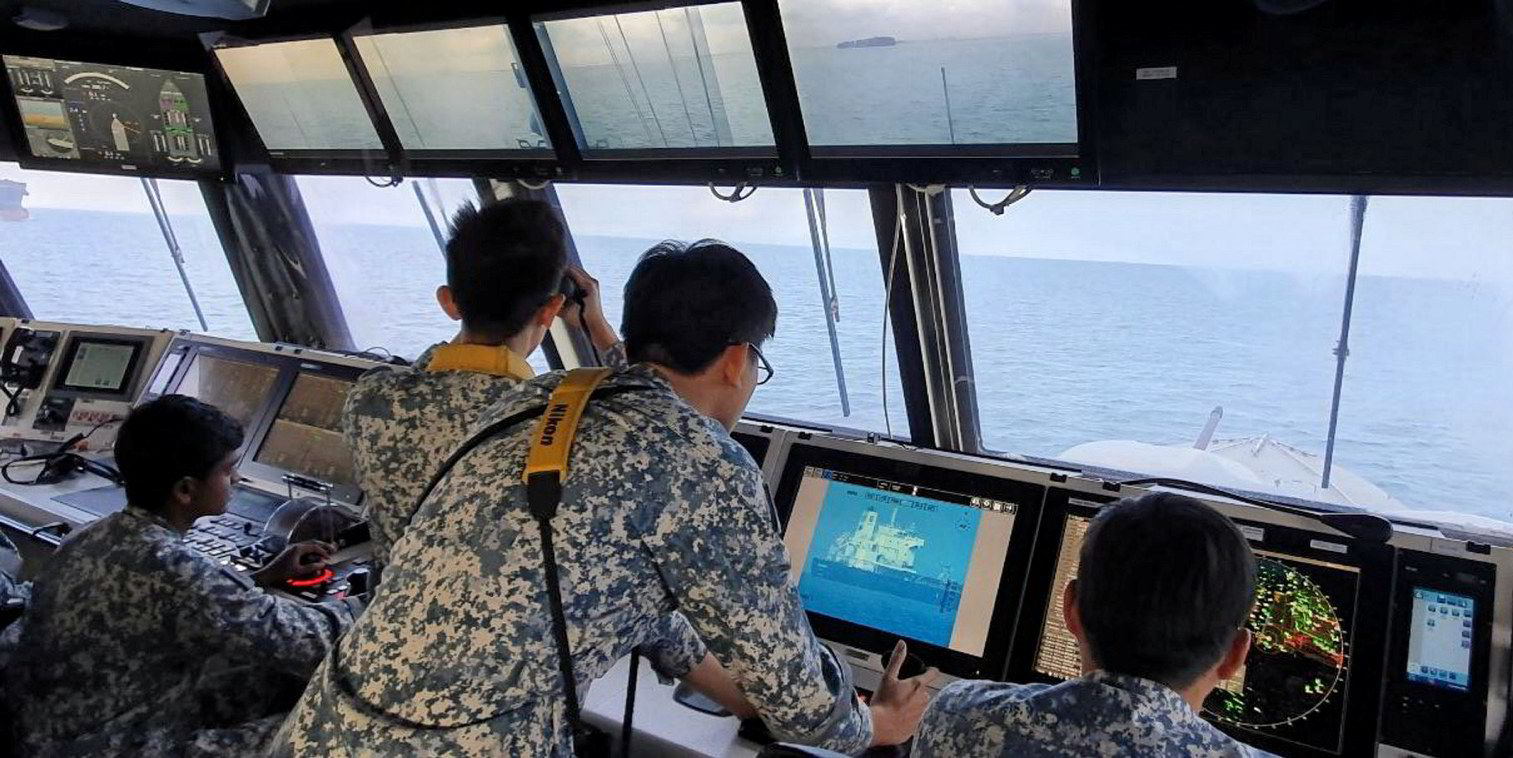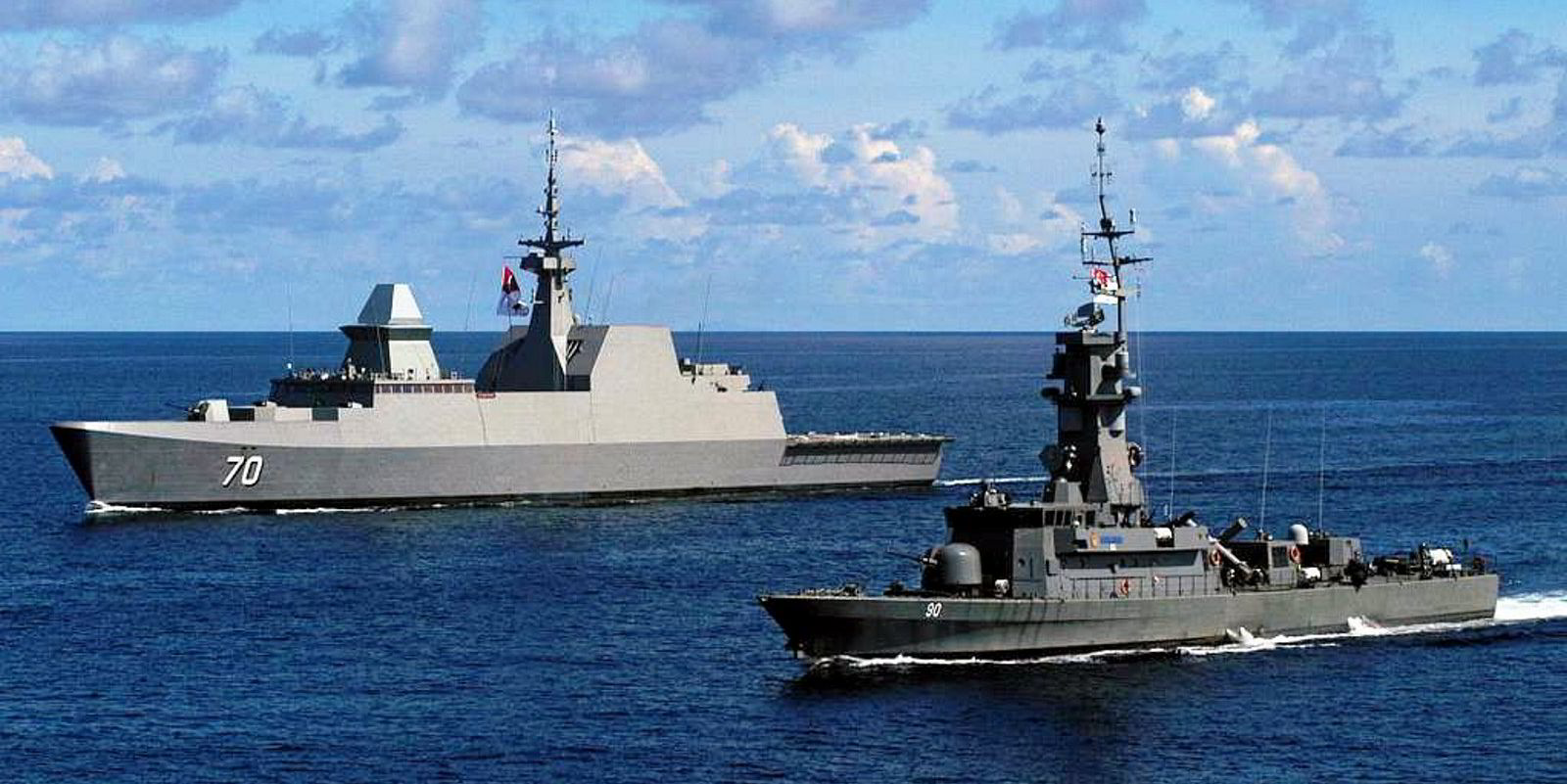Krishnaswamy Natarajan, executive director of Singapore-based piracy watchdog ReCAAP, had a lot to be pleased about when he gave a briefing about attacks on ships in Asia during the first months of his tenure at the organization on Wednesday. There have been no serious piracy incidents reported in the region so far this year.
According to figures released by the Singapore-based organisation officially known as the Regional Cooperation Agreement on Combating Piracy and Armed Robbery against Ships in Asia, there have been no such malicious incidents reported for the past two years.
Describing that as a “good point,” Natarajan, who took the ReCAAP helm in April, credited the situation to enforcement agencies in Asia enhancing their service mechanisms to prevent piracy on the high seas, including the hijacking of ships.
However, the former director-general of the Indian Coast Guard said that there were still opportunistic thieves operating in the waters of Southeast Asia.
For the period of January to June, there were 42 incidents — 40 actual and two attempted — of armed robbery against ships, 27 of which took place in the Singapore Strait, six in Indonesia, and three each in Bangladesh, Philippines and India.
This represents an 11% increase compared to 38 incidents reported during the same period in 2021.
In most cases, the perpetrators made off with engine spares, stores, and paint. Only three incidents involved threats to crews. In two of these cases, seafarers were threatened with knives, and in one case seafarers were tied up.
There were no reported cases in Malaysia and Vietnam, nor any in the port of Manila, which in recent years has gained a reputation for being something of a maritime thievery hotspot.
“We want to credit the Philippine authorities for the efforts they have made in Manila,” said Lee Yin Mui, ReCAAP’s assistant director of research, who noted that overall, improvements have been seen throughout the Philippine archipelago.
Natarajan added that while the robberies made against ships in Asia are minor in nature, it is important that ships maintain strong vigilance and authorities continue their crackdown, noting that incidents in the Singapore Strait declined drastically after 2015 following the arrests of criminal gang masterminds by Indonesian authorities, but he cautioned the number of incidents has again begun to trend upwards.
“We have to stamp it out to prevent it from escalating into more serious incidents, Natarajan said.
“A lot has been happening with enforcement agencies so that deterrence is made as it filters down that enforcement authorities are on the prowl and taking action.”
An example Natarajan cited was the Singapore Police Coast Guard’s arrest in April of nine perpetrators engaged in a scrap metal heist against a barge close to Singapore’s Kusu Island.
The gang was hauled before the Singapore courts, and subsequently found guilty of the crime of theft from a dwelling. One of the guilty was a crew member of the tug towing the barge, who colluded with the gang to help facilitate the robbery.





